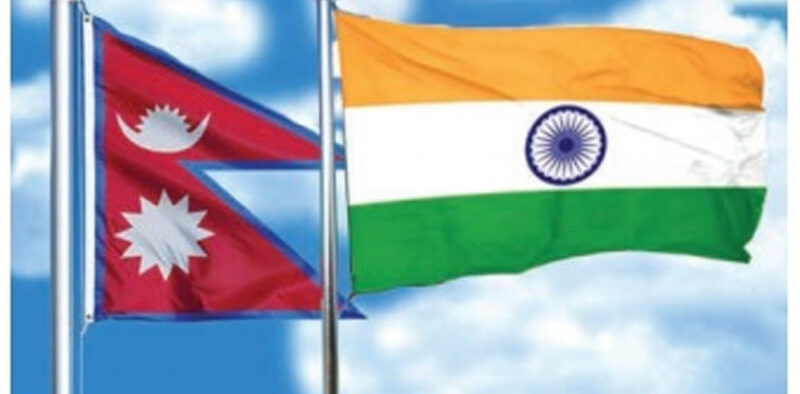Challenges of Extraditing Indian Criminals from Nepal
Many criminals from India seek refuge in Nepal after committing crimes. But why is this the case, and why is it so difficult to apprehend them? Despite an extradition treaty between India and Nepal, the process remains complex and ineffective.
Open and Unrestricted Borders
The India-Nepal border is open, with limited checks, allowing for the easy movement of people. Criminals exploit this to quickly cross into Nepal, making it harder for Indian law enforcement to catch them.
Challenges with Extradition
Extraditing criminals from Nepal is problematic due to the outdated extradition treaty between the two nations, signed in 1953. The treaty is weak and ineffective in handling modern criminal cases. Criminals know that once they reach Nepal, it becomes very difficult for Indian authorities to bring them back due to the lengthy legal procedures involved.
An extradition treaty is an agreement between two countries where one agrees to hand over individuals accused of crimes to the other. Under such treaties, legal procedures ensure that the accused receive a fair trial in the requesting country. However, individuals cannot be extradited if they are likely to face the death penalty or if they are accused of political or military crimes. India has extradition treaties with 47 countries, including the United States, the United Kingdom, and Germany.
Nepal as a Safe Haven for Criminals
Nepal has become a sanctuary for criminals and terrorists from India. Many of them live freely in the country, sometimes posing as legitimate businessmen. They take advantage of Nepal’s lax legal framework to continue their activities with little fear of being extradited. Moreover, criminal networks within Nepal often provide assistance, such as shelter and legal aid, to fugitives from India.
The Lengthy Extradition Process
Extraditing a criminal from Nepal involves a complicated legal process. Indian authorities need to obtain an Interpol warrant and other legal documents before approaching the Nepalese government. This lengthy procedure delays the extradition and makes the process even more difficult.
The Role of Nepal’s Legal System
Nepal’s legal system is not always cooperative when it comes to extradition requests from India. Relations between the two countries have occasionally been strained, further complicating the process. This lack of collaboration has made it even harder for Indian authorities to retrieve criminals who have fled to Nepal.
Indian Gangs Operating in Nepal
Several Indian gangs, especially from states like Bihar, have found refuge in Nepal. Notorious criminals such as Mukesh Pathak and Abhishek Mishra are said to operate near the India-Nepal border, taking advantage of the region’s weak law enforcement. These gangs have established strong connections with local criminal syndicates in Nepal, which provide them with resources and support.
How Crime Syndicates Aid Fugitives
Nepalese crime syndicates play a vital role in helping Indian fugitives. They provide shelter, employment, and even help in evading law enforcement. Smuggling networks operating between the two countries also aid these criminals by offering safe passage and logistical support. Additionally, some of these networks are linked to international crime organisations, providing further protection to Indian criminals in Nepal.
The India-Nepal Border
The India-Nepal border stretches for 1,751 kilometres, shared by five Indian states: Uttarakhand, Uttar Pradesh, Bihar, West Bengal, and Sikkim. With limited check posts and low enforcement, this long and porous border allows criminals to cross into Nepal with relative ease. Uttar Pradesh shares the longest border with Nepal at 651 kilometres, while West Bengal shares the shortest at 96 kilometres.
Ineffectiveness of the Current Extradition Treaty
India and Nepal’s extradition treaty was signed over seven decades ago in 1953 and is no longer suitable for modern criminal challenges. Despite attempts to update the treaty in 2005, the process has stalled, leaving Indian authorities with limited options to retrieve fugitives from Nepal.
Conclusion
Nepal’s open border, weak legal framework, and the outdated extradition treaty with India have made it a prime destination for criminals fleeing Indian law. Despite the existence of an extradition treaty, its ineffectiveness has left many Indian criminals free to operate within Nepal, making it an ongoing challenge for law enforcement authorities.
Month: Current Affairs - October, 2024
Category: International / World Current Affairs








